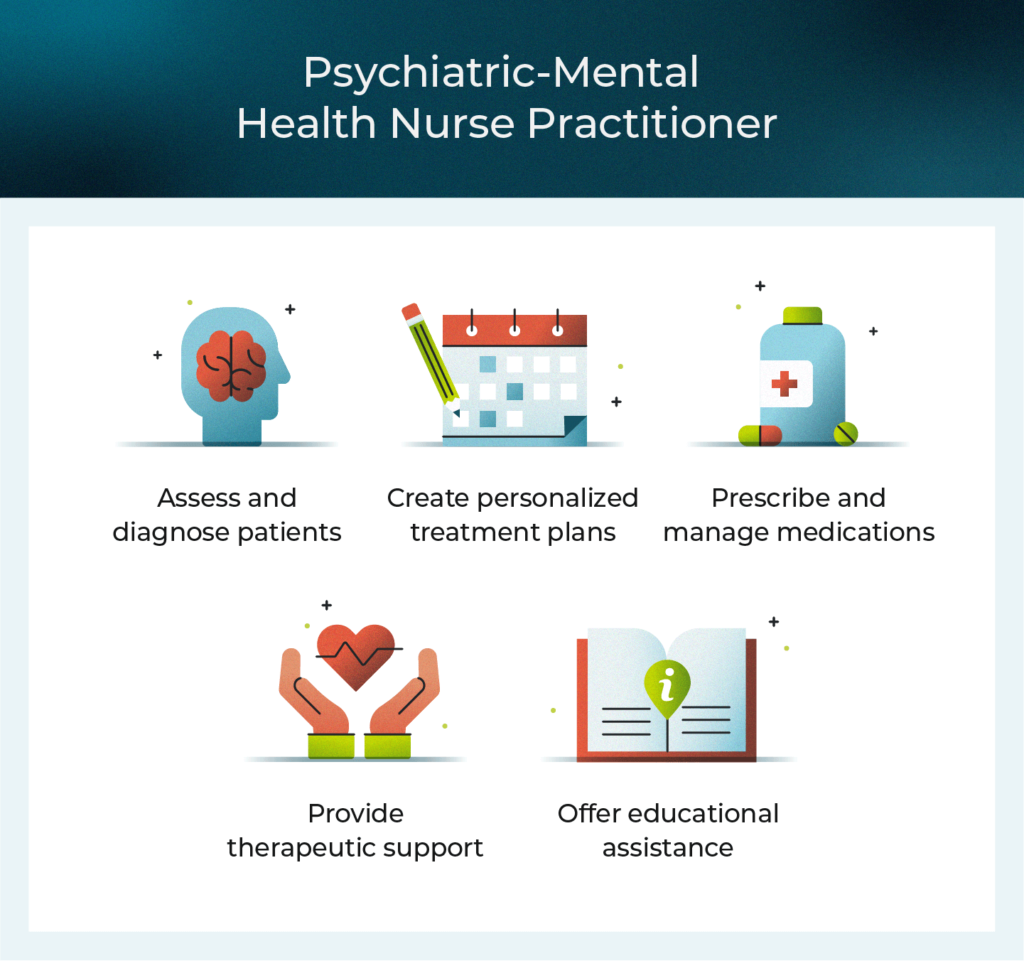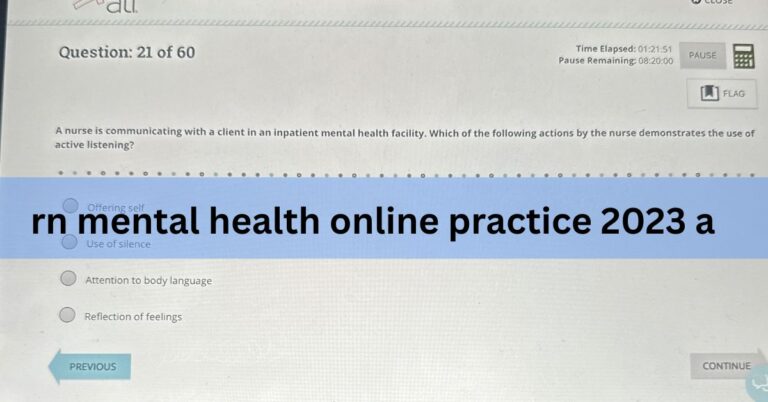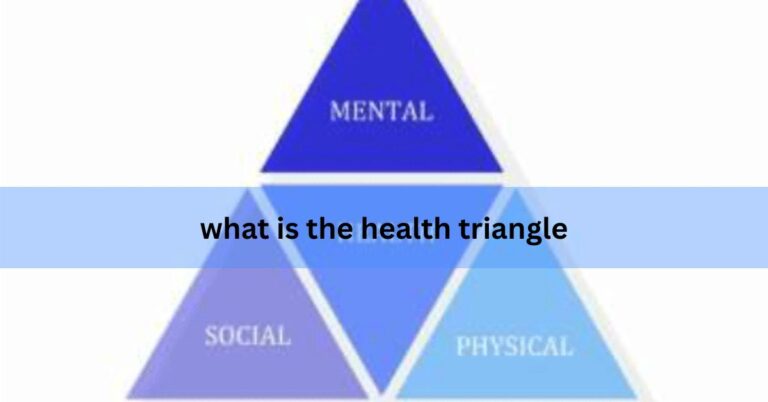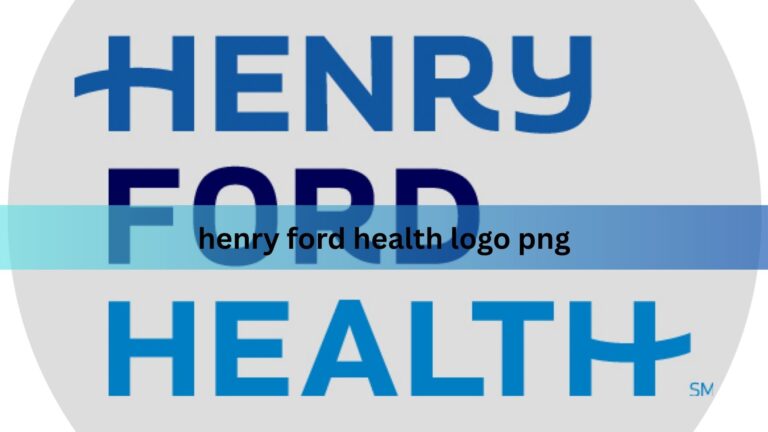Can Mental Health Nurse Practitioners Prescribe Medication – Talk To A Pmhnp Today!
Yes, mental health nurse practitioners can prescribe medication. Mental health is a key part of staying healthy. Many people need support for problems like depression, anxiety, or bipolar disorder. When they look for help, they may see different types of health workers. One of them is a mental health nurse practitioner (MHNP). A common question is: Can MHNPs give medicine?
However, there are some details to understand, like what kind of training they have, what laws affect their practice, and how they work with patients.
Who Are Mental Health Nurse Practitioners?
A mental health nurse practitioner is a type of advanced practice registered nurse (APRN). These nurses have gone through extra education and training beyond their regular registered nurse (RN) degree. They specialize in mental health care and work with people who have mental illnesses.
They are also known as psychiatric-mental health nurse practitioners (PMHNPs). These professionals can:
- Diagnose mental health conditions
- Create treatment plans
- Provide therapy (such as talk therapy or counseling)
- Prescribe medications
In many cases, PMHNPs provide the same kinds of care as psychiatrists, especially in places where psychiatrists are hard to find.
Education and Training:
To become a mental health nurse practitioner, a person needs:
- A Bachelor of Science in Nursing (BSN) degree
- A license as a registered nurse (RN)
- A Master of Science in Nursing (MSN) or Doctor of Nursing Practice (DNP) degree with a focus on psychiatric-mental health
- Certification as a PMHNP from a national nursing board (like the ANCC)
This training includes learning about mental health conditions, how to treat them, and how medications affect the brain and body. Because of this training, PMHNPs are qualified to prescribe psychiatric medications.
Prescriptive Authority: What Does It Mean?

“Prescriptive authority” means the legal ability to prescribe medicine. In the U.S., nurse practitioners (including PMHNPs) have this authority, but the rules can vary from state to state.
There are three main types of prescriptive authority for nurse practitioners:
- Full Practice
- Reduced Practice
- Restricted Practice
Let’s look at what each of these means.
Full Practice
In states with full practice authority, PMHNPs can evaluate patients, diagnose conditions, order tests, start treatments, and prescribe medications on their own. They do not need a doctor to supervise them. Examples of full practice states include Oregon, Colorado, and Arizona.
Reduced Practice
In reduced practice states, PMHNPs can still prescribe medication, but they may need to work under a written agreement with a doctor. This agreement might say that a doctor must review or co-sign prescriptions. States with reduced practice include New York and Pennsylvania.
Restricted Practice
In these states, nurse practitioners have the most limits. They must work closely with a doctor, and they cannot prescribe medication without direct supervision. States with restricted practice include California and Texas.
Each state has its own board of nursing that decides what nurse practitioners can do. These boards follow state laws, so it’s important to check the rules in your state.
What Medications Can PMHNPs Prescribe?
Mental health nurse practitioners can prescribe many different types of medications, including:
- Antidepressants (like fluoxetine or sertraline)
- Anti-anxiety medications (like lorazepam or buspirone)
- Mood stabilizers (like lithium)
- Antipsychotics (like risperidone or aripiprazole)
- Stimulants (like methylphenidate for ADHD)
Some of these medicines are controlled substances, which means the government regulates them closely. PMHNPs may need a special license called a DEA number to prescribe these medications.
Also Read: What Are Home Health Aides Not Allowed To Do – Know Hha Job Limits!
Working with Patients:
When a PMHNP sees a patient, they start by listening to the patient’s concerns and symptoms. They might ask about mood, sleep, appetite, relationships, and thoughts. Then, they can diagnose conditions like depression or anxiety.
After making a diagnosis, the PMHNP talks to the patient about treatment options. This may include therapy, lifestyle changes, and medications. If medication is part of the plan, the PMHNP will:
- Explain how the medication works
- Discuss possible side effects
- Tell the patient how and when to take the medicine
- Monitor the patient over time to make sure the medicine is working
Benefits of PMHNPs Being Able to Prescribe:

- Shorter Wait Times: Patients may get help faster if they can see a nurse practitioner.
- Comprehensive Care: PMHNPs can provide both therapy and medication, so patients don’t need to go to multiple providers.
- Improved Access to Care: In areas where there are not enough psychiatrists, PMHNPs help fill the gap.
- Cost-Effective: Seeing a nurse practitioner is often more affordable than seeing a psychiatrist.
Challenges and Concerns:
Some people have concerns about PMHNPs prescribing medications. These concerns include:
- Whether PMHNPs have enough training compared to psychiatrists
- The risk of overprescribing or misusing medications
- Differences in care quality depending on the provider
To address these concerns, many PMHNPs continue their education, follow strict ethical guidelines, and work with other professionals when needed. Studies show that PMHNPs provide safe and effective care.
How to Find a Mental Health Nurse Practitioner?
If you are interested in seeing a PMHNP, here are some ways to find one:
- Ask your primary care doctor for a referral
- Search online through mental health directories
- Contact local clinics or community health centers
- Use telehealth services that offer virtual visits
When you meet with a PMHNP, feel free to ask questions about their training, experience, and how they can help you.
FAQ’s:
1. What is a mental health nurse practitioner (PMHNP)?
A PMHNP is a nurse with advanced training who specializes in mental health care. They can diagnose mental illnesses, provide therapy, and prescribe medications.
2. Are PMHNPs safe and effective?
Yes. Research shows PMHNPs provide high-quality care. They follow strict standards and often consult with other professionals.
3. Can I see a PMHNP for both therapy and medication?
Yes. Many PMHNPs provide both services, which can save time and improve continuity of care.
4. Is a PMHNP the same as a psychiatrist?
No. A psychiatrist is a medical doctor (MD or DO), while a PMHNP is a nurse practitioner. However, both can diagnose and treat mental illnesses and prescribe medication.
5. How long does it take to become a PMHNP?
It typically takes 6–8 years, including undergraduate nursing education, RN experience, and completion of a master’s or doctoral degree in psychiatric-mental health.
Conclusion:
Yes, mental health nurse practitioners can prescribe medication. They are highly trained professionals who play a big role in mental health care. Their ability to diagnose conditions, offer therapy, and prescribe medication helps many people get the support they need.
Read More:






